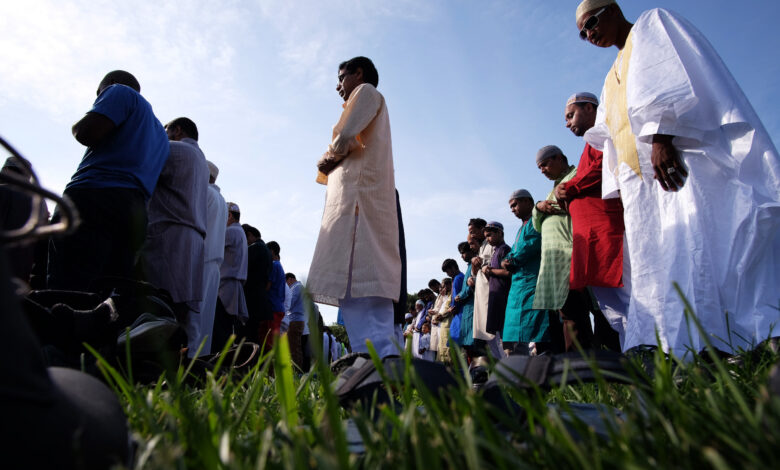Prayer Time and Ramadan: Understanding the Significance of Timing Your Prayers During the Holy Month

The month of Ramadan is a time of spiritual reflection, self-improvement, and increased devotion to worship for Muslims all over the world. One of the most important aspects of Ramadan is the practice of offering prayers at specific times throughout the day. In this article, we will explore the significance of prayer times during the month of Ramadan and why they are so important.
Understanding the Importance of Prayer Time in Islam
Prayer time is a fundamental aspect of Islamic practice. Muslims are required to offer five daily prayers, known as Salah, at specific times throughout the day. The times for each prayer are based on the position of the sun, and they are different for each of the five prayers. These timings have been prescribed by Allah in the Quran, and they serve as a way for Muslims to connect with their faith throughout the day.
During Ramadan, the importance of prayer time is heightened even further. This is because Ramadan is a month of increased devotion to worship and spiritual reflection. Muslims are encouraged to pray more often during this month, and to make an effort to connect with Allah through their prayers.
The Five Daily Prayers During Ramadan
During Ramadan, Muslims are required to offer the same five daily prayers as they do throughout the year. However, the timings of these prayers may change slightly due to the longer days and shorter nights that occur during the month. The five daily prayers are:
- Fajr: This is the prayer that is offered just before dawn. During Ramadan, the Fajr prayer is especially important because it marks the beginning of the daily fast.
- Dhuhr: This is the prayer that is offered at midday, after the sun has passed its zenith.
- Asr: This is the prayer that is offered in the afternoon, after the sun has begun to decline but before sunset.
- Maghrib: This is the prayer that is offered just after sunset.
- Isha: This is the prayer that is offered at night, after the twilight has disappeared.
Why Timing Your Prayers During Ramadan is Important
Timing your prayers during Ramadan is important for several reasons. First, it helps you to maintain a sense of discipline and structure throughout the month. By offering your prayers at the prescribed times, you are reminded of your spiritual obligations and the importance of connecting with Allah throughout the day.
Second, timing your prayers during Ramadan helps you to connect with the larger Muslim community. When you offer your prayers at the same time as other Muslims, you are participating in a shared ritual that connects you to Muslims all over the world.
Finally, timing your prayers during Ramadan helps you to deepen your spiritual practice. By making an effort to connect with Allah through your prayers, you are able to strengthen your relationship with your faith and cultivate a deeper sense of devotion and gratitude.
Conclusion
In conclusion, prayer time is a fundamental aspect of Islamic practice, and it takes on even greater significance during the month of Ramadan. By timing your prayers during Ramadan, you are able to deepen your spiritual practice, connect with the larger Muslim community, and maintain a sense of discipline and structure throughout the month. May Allah bless us all with the strength and dedication to make the most of this blessed month, and may our prayers be a source of guidance and comfort for us all.




